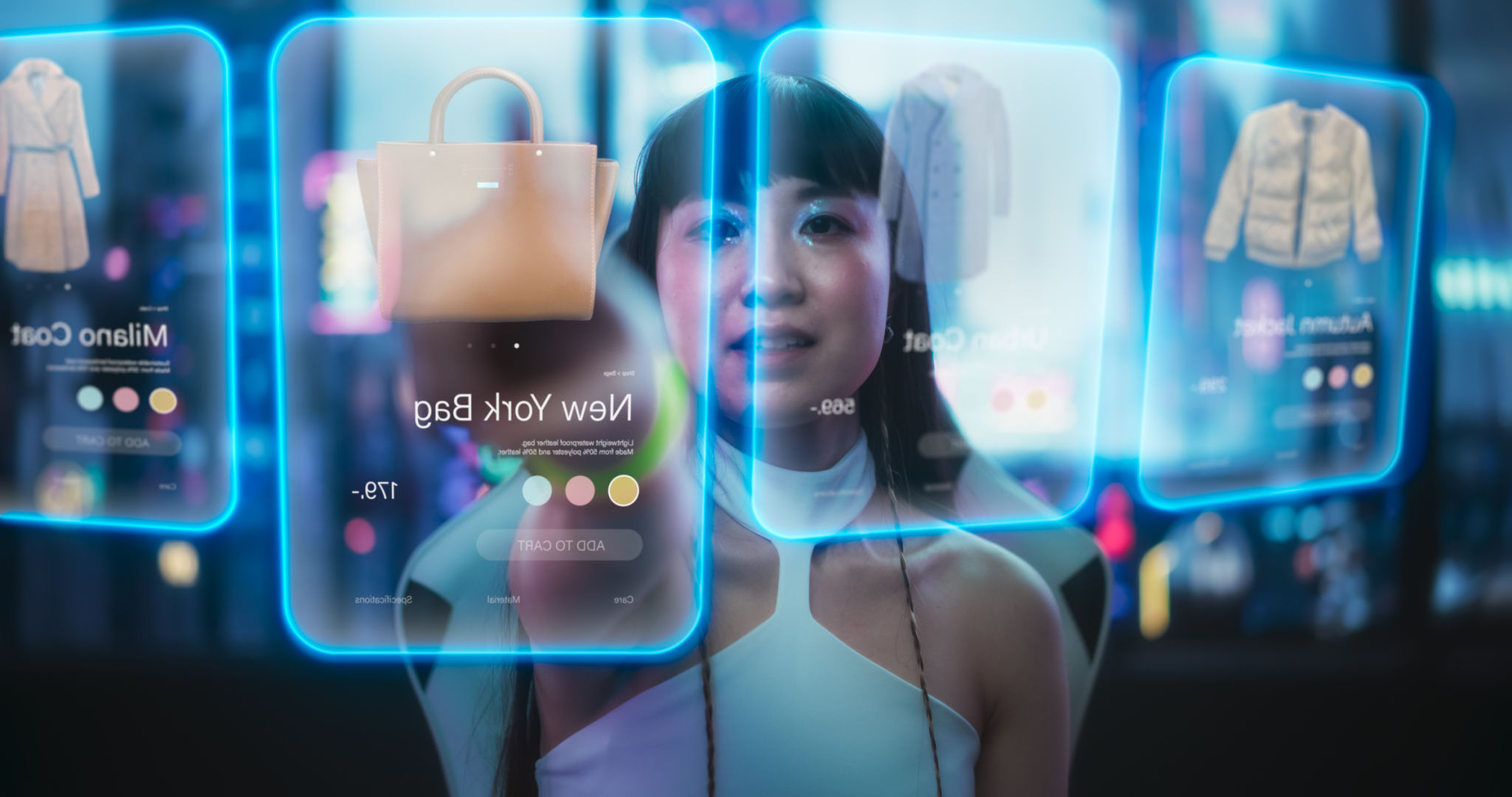Innovative Content Marketing Trends to Watch
Embracing AI-Powered Content Creation
In the rapidly evolving world of content marketing, the integration of artificial intelligence (AI) is transforming how marketers approach content creation. AI tools are not only assisting in generating content but are also providing insights into consumer behavior and preferences. This allows marketers to tailor their content more effectively to meet audience needs. By leveraging AI, brands can produce personalized content at scale, saving time and resources while maintaining high-quality standards.
One of the most exciting aspects of AI in content marketing is its ability to analyze vast amounts of data to predict trends and suggest content ideas. This predictive capability helps marketers stay ahead of the curve by identifying what topics will resonate with their audience in the future. As AI technology continues to advance, its role in content marketing is expected to grow, offering even more sophisticated tools for content creation and distribution.

The Rise of Interactive Content
Interactive content is gaining traction as a powerful tool for engaging audiences. Unlike traditional static content, interactive formats such as quizzes, polls, and interactive infographics encourage active participation from users. This engagement not only captures attention but also provides valuable data on user preferences and behaviors. As a result, brands can craft more personalized and relevant content experiences.
Moreover, interactive content is designed to be more shareable, increasing its potential reach across social media platforms. When users enjoy an interactive experience, they are more likely to share it with their networks, amplifying the brand's message. As content marketers seek new ways to stand out in a crowded digital landscape, interactive content offers a dynamic solution that fosters deeper connections with audiences.

Leveraging User-Generated Content
User-generated content (UGC) continues to be a trend that content marketers are capitalizing on. UGC involves leveraging content created by users, such as reviews, testimonials, and social media posts, to enhance a brand's credibility and authenticity. This type of content is often seen as more trustworthy by consumers, as it provides genuine insights into a product or service from real users.
Brands are increasingly encouraging their customers to share their experiences and showcase their content across various platforms. By doing so, they not only build a community around their brand but also gain a wealth of content that can be repurposed in marketing campaigns. As consumers continue to seek authentic interactions with brands, UGC remains a vital component of innovative content marketing strategies.

Exploring the Potential of Augmented Reality
Augmented reality (AR) is another trend reshaping the content marketing landscape. AR technology overlays digital elements onto the real world, offering immersive experiences that captivate audiences. Brands are using AR to create engaging and interactive content that allows consumers to visualize products in their own environment before making a purchase.
For example, furniture retailers are using AR to let customers see how a piece of furniture would look in their home, while beauty brands offer virtual try-ons for makeup products. This innovative approach not only enhances the customer experience but also helps reduce the uncertainty and hesitation often associated with online shopping. As AR technology becomes more accessible, its application in content marketing is expected to expand significantly.

The Importance of Sustainability in Content Marketing
As awareness of environmental issues grows, consumers are increasingly looking for brands that demonstrate a commitment to sustainability. This shift in consumer values is influencing content marketing strategies, with brands focusing on creating content that highlights their sustainable practices and initiatives. By showcasing their efforts to reduce environmental impact, brands can connect with eco-conscious consumers and differentiate themselves in the market.
Content marketers are also exploring ways to make their content production processes more sustainable. This includes reducing waste, using eco-friendly materials, and optimizing digital content to minimize energy consumption. As sustainability continues to be a key concern for consumers, integrating it into content marketing strategies will be crucial for brands aiming to build trust and loyalty with their audience.

